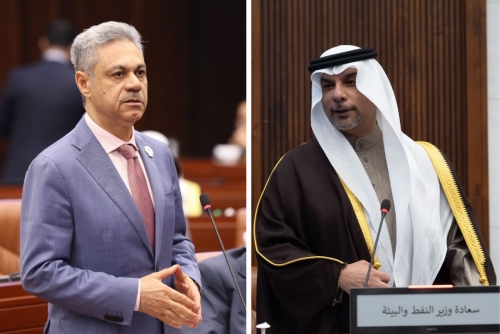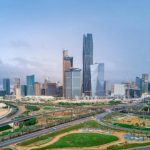Mangroves have been a vital part of Bahrain’s coastal ecosystem for generations, but their importance in combating climate change is now more significant than ever. Dr. Mohamed Ali Hassan, a Shura Council member, and chairman of the Public Utilities and Environment Committee emphasized the essential role of legislation, sound resource management, community awareness, and involvement in preserving mangroves. The Bahrain Mangrove Initiative, launched by His Highness Shaikh Mohammed bin Salman bin Hamad Al Khalifa, aims to increase the country’s mangrove forests fourfold by 2035, with Tubli Bay serving as a focal point for reforestation efforts.
His Excellency Dr. Mohamed bin Mubarak Bin Daina, Minister of Oil and Environment and Special Envoy for Climate Affairs, lauded the initiative as a crucial step towards sustainability and meeting Bahrain’s international climate obligations. The initiative focuses on strengthening the Kingdom’s natural ecosystems while addressing global environmental challenges. Mangroves, known locally as “Qaram” and internationally as Avicennia marina, play a crucial role in stabilizing coastal soil, providing shelter for marine life, and serving as nesting grounds for migratory birds.
Tubli Bay, protected as a nature reserve since 1995 and recognized under the Ramsar Convention for Wetlands, holds immense ecological significance. The Bahrain Mangrove Initiative is part of a broader environmental strategy that includes renewable energy projects and efforts to achieve carbon neutrality. Under the guidance of His Majesty King Hamad bin Isa Al Khalifa and His Royal Highness Prince Salman bin Hamad Al Khalifa, Bahrain is intensifying its efforts to address climate change while preserving its natural heritage.
Dr. Hassan emphasized the importance of collaboration between the government, the legislature, and the community to translate environmental plans into tangible results. Protecting mangroves is not just an environmental task but a shared responsibility for the future. The initiative, supported by the Supreme Council for Environment, showcases Bahrain’s commitment to balancing development with environmental preservation, offering a model for other countries facing similar challenges. The initiative aims to make a positive impact on the environment and reduce the effects of climate change in the region.










